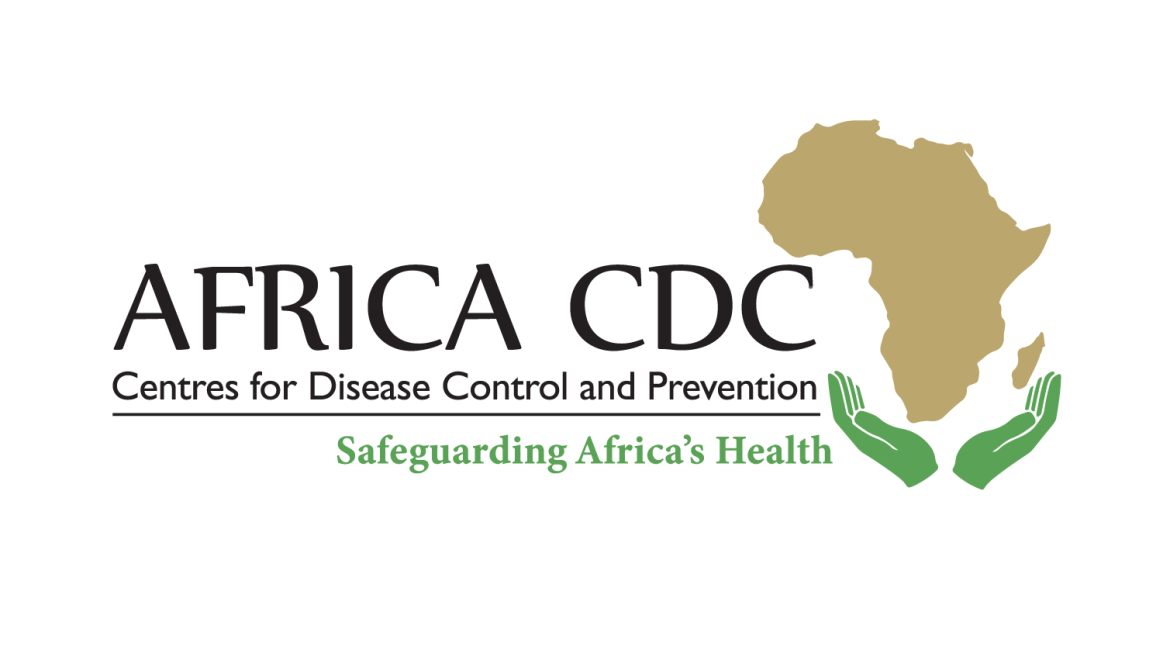By Muhammad Amaan
The Africa Centres for Disease Control and Prevention (Africa CDC) has described Nigeria’s ongoing health sector reforms as central to advancing the continent’s priorities for transforming Primary Health Care (PHC) systems.
Director of Primary Health Care (PHC) at the Africa CDC, Dr Landry Tsague, said this on Tuesday in Abuja at the opening of a three-day Continental Consultation on Community Health.
The consultation was convened by Africa CDC in collaboration with UNICEF and the African Union Commission (AUC).
The event, titled “Validation of the 2024 Community Health Landscape Survey: Shaping the CHW Strategy, Scorecard and Strategic Action”, brought together delegates from all 55 AU Member States.
The aim was to validate the survey findings and shape future strategies for effective community health delivery across the continent.
Dr Tsague lauded Nigeria’s reforms, which he said were built on domestic financing, community engagement, and transparent governance.
“Nigeria’s experience offers a replicable model for other Member States and a strong foundation for peer learning, high-level advocacy, and regional collaboration,” he said.
He also commended President Bola Tinubu’s role as the AU Champion for Health Workforce and Community Health Delivery Partnership, citing his leadership as key to galvanising continental efforts to scale up PHC systems.
“Investment in PHC and Community Health Workers (CHWs) is both a political and economic imperative for Africa’s development,” he said.
Tsague highlighted Africa CDC’s “Five Plus One” PHC transformation strategy, which included workforce transformation, digital and infrastructure transformation, commodity security, financial access, and quality of care and data.
He said that governance and accountability serve as the sixth pillar, anchoring the entire framework to support resilient and people-centred health systems.
Declaring the meeting open, Nigeria’s Minister of State for Health, Dr Iziaq Salako, reaffirmed the country’s commitment to the AU’s goal of deploying two million CHWs across Africa by 2030.
“CHWs are our first line of defence, the custodians of health education and the link between our health system and communities,” he said.
Dr Salako noted that Nigeria had tripled the number of Community Health Workers (CHWs) trained annually over the past three years and was integrating digital platforms into community service delivery.
He added that the country was also aligning its health budgets through basket fund mechanisms to strengthen community health financing.
UNICEF’s Deputy Representative in Nigeria, Dr Rownak Khan, emphasised the role of CHWs in reducing under-five mortality in countries like Rwanda, Malawi, and Ethiopia.
“For every one dollar invested in community health, the return exceeds ten dollars,” she said, adding that increased political will across Africa makes the AU’s goal of deploying one million additional CHWs within four years achievable.
Also speaking, Dr Muyi Aina, Executive Director of the National Primary Health Care Development Agency (NPHCDA), said the agency had redesigned Nigeria’s national community health programme in partnership with state governments and development partners.
Represented by Dr Ngozi Nwosu, Director of PHC Systems Development, Aina said that 70,000 Community-Based Health Workers (CBHWs) would be recruited, trained, and deployed by 2029, one CBHW per 250 households, targeting 160 million Nigerians.
He added that NPHCDA would provide time-bound salary support to states, enabling them to transition CBHWs into their civil service structures.
“So far, eight states, Bauchi, Borno, Niger, Kaduna, Yobe, Zamfara, Katsina and Ebonyi, have signed a Memorandum of Understanding, while five have begun recruitment.
“The agency will also provide training, job aids, commodities, and digital tools to support integrated service delivery,” he said.
The three-day consultation will develop a Community Health Scorecard, strategic recommendations, and a continental framework to support the AU’s 2030 target for CHW deployment.




